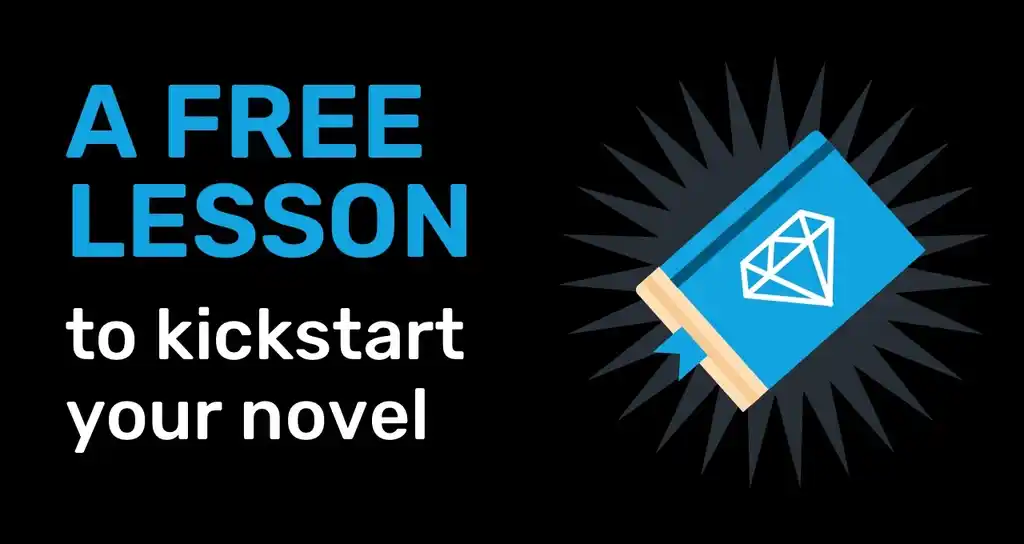Connect, Learn, Improve, Publish!
Discover the best writing tips and advice from our community of authors.
Discover the best writing tips and advice from our community of authors.
While it's always spooky season for horror writers, I have to admit that the consumer in me gets giddy around this ...
Sara Tantlinger
Header images: Books, Barbarian There's always someone out there trying to prove that one book or another is the...
Peter Derk
(For reference, check out tvtropes.org as it has a TON of great information.)
Richard Thomas
Lee Murray is arguably Aotearoa’s most successful contemporary horror writer.
Lindy Ryan
Indiana author Caleb Caudell's new short story collection, Novelty (Bonfire Books), is so masterfully construc...
Gabriel Hart
It hinged on suspicious; suddenly, me and other authors I know received a book called New Millennium Boyz by A...
Gabriel Hart
The other day a friend was doing a crossword puzzle and asked me, “What song begins ‘It’s nine o’clock on a Saturda...
Chuck Palahniuk
The question is where to begin. One option is last autumn, when I was walking the dog past a construction site wher...
Chuck Palahniuk
Whether you’re making music or films or painting pictures… play to the strengths of your medium. One of th...
Chuck Palahniuk
There’s a belief across numerous cultures that whistling at nighttime can attract evil spirits and misfortune. Henc...
Christopher Shultz
It seems that to be a fan of The Hold Steady, or at least a guest writer in the quite culty and obsessively—both tr...
Ben Tanzer
Bridget Kittinger has spent her life trying to reconcile the memories of her childhood with the reality of the wor...
Jena Brown
Sign up for a free video lesson and learn how to make readers care about your main character.
Enter your email or get started with a social account:

